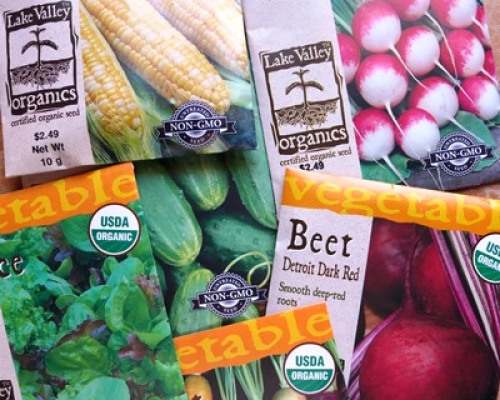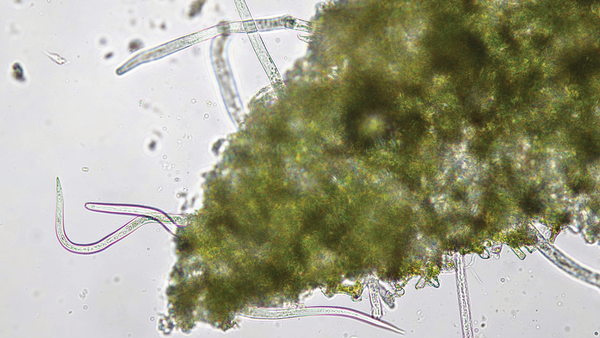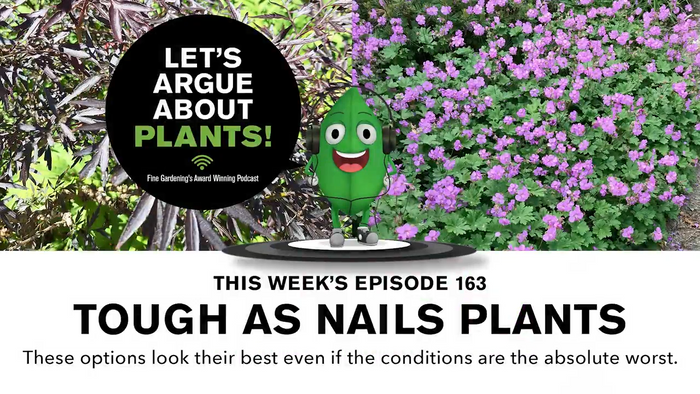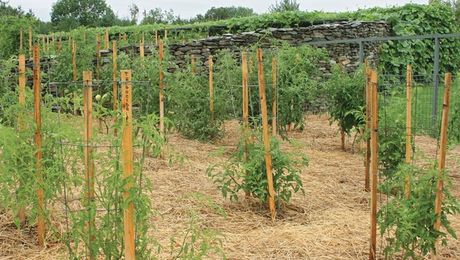
Lake Valley Seed, located in Boulder, Colo., is a major sponsor of Denver’s Plant a Row for the Hungry Program. Every season the company provides thousands of packets of fruit, vegetable and herb seeds for hundreds of home gardeners who promise to donate some of their harvest to neighbors in need.
As I was sorting through the seed box for the upcoming campaign, I noticed a new addition to the front of Lake Valley Seed packets – a NON-GMO label that also identifies the contents as “untreated seed.”
Bev Yates, the company’s national marketing manager, says the non-GMO label is in answer to customer’s concerns about planting genetically modified seeds in their home gardens.
To set the record straight, there are currently no genetically modified garden seeds available for sale to the general public. Not from Lake Valley or other seed companies selling to home gardeners.
Some GMO crops are grown in the U.S., but these are production crops like field corn, soy, canola, and sugar beets. In fact, the actual number of different GMO plant species is much less than people think. There are fewer than 10 different genetically modified plant species currently available as fresh produce or part of a processed food product in our markets.
Because some seed-related terms can be confusing, Lake Valley Seed produced a brochure as a guide to help consumers understand the difference between hybrid, open pollinated, heirloom, GMO, and organic seeds.
One of the key points is that hybrid plants aren’t the same as GMOs. “Hybrid seeds come from pollen exchange within the same species, directed by human hands. GMO seeds are genetically engineered by modifying genes from unrelated species in a laboratory.”
Here’s a simple guide to help you when choosing vegetable seeds for your next garden:
Hybrid cultivars are produced by cross-pollinating different varieties within the same species. Seeds labeled as hybrid or F1 occurred because breeders wanted plants with a desirable trait, like disease resistance. If seeds from hybrids are saved to grow again, the plants will revert back to one of the parent plants.
Open Pollinated varieties are seeds produced through natural pollination, without any help from humans. Seeds saved from open pollinated plants will regrow the same plant each time.
Heirloom seeds describes open pollinated varieties that have been passed along across generations. It’s interesting to note “while all heirloom seeds are open pollinated, not all open pollinated seeds are heirloom,” according to the Lake Valley Seed brochure. Heirloom seeds can be saved to grow again.
Organic seeds are those that are grown and processed following the standards set by the USDA’s National Organic Program. The “USDA ORGANIC” label on seed packets assures gardeners the seeds were grown without the use of synthetic fertilizers and pesticides or genetically engineered seeds and materials.
Treated seeds are those coated with a chemical, like a fungicide or pesticide. Treated seeds are identified by their label or the color of seeds and are not organic seeds. Some gardeners choose to plant treated seeds, like beets, so they can avoid problems due to soilborne pathogens.
If you have any concerns about the seeds you’re buying for the next gardening season, check to see if the company has taken the Safe Seed Pledge. Seed companies, like Lake Valley, take the pledge as a way to assure gardeners they aren’t buying GMO seed.
One of the key parts of the pledge, created by the Council for Responsible Genetics in 1991, is that companies taking the pledge stand by this promise: “For the benefit of all farmers, gardeners and consumers who want an alternative, we pledge that we do not knowingly buy or sell genetically engineered seeds or plants.”


















Comments
Log in or create an account to post a comment.
Sign up Log in